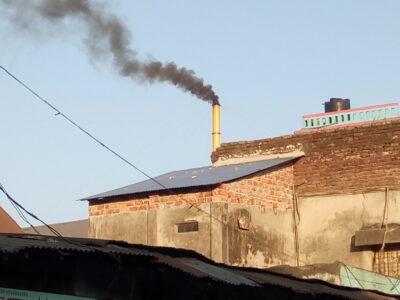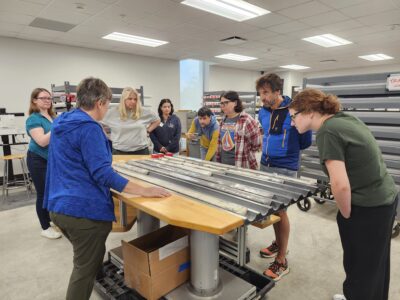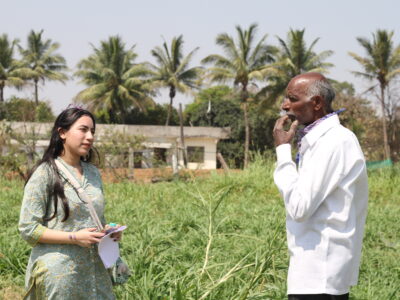
The Earth Institute Practicum is designed to be a broad survey of the applications of frontier research to the practice of sustainable development and environmental policy.
The Practicum is a dynamic forum featuring a different lecture each week by directors or senior researchers/professors representing different Earth Institute departments, centers and laboratories.
During the first half of the course, guest lecturers will present their perspectives on research in the basic, applied and social sciences. Along with case studies and background reading, the lectures will illustrate how frontier scholarship can be used to provide the rational basis for actions by governments, the private sector, international development organizations and NGOs. Each lecture will be followed by open group discussion.
During the second half of the course, students will participate in structured, in-class debates on topics relevant to sustainability, resiliency and public and private sector policies. Students will have opportunities to examine timely and relevant environmental issues and will be asked to adopt, argue and defend their positions on controversial, albeit timely, topics.
Guest Lecturers

Sept. 20: Geoff Heal, Donald C. Waite III Professor of Social Enterprise, Professor of Finance and Economics, Columbia Business School
Sept. 27: Ben Orlove, Professor of International and Public Affairs; Co-Director, Center for Research on Environmental Decisions, The Earth Institute, Columbia University

Oct. 4: Walter Baethgen, Senior Research Scientist, Head of Regional and Sectoral Research, International Research Institute for Climate and Society (IRI), The Earth Institute, Columbia University
Oct. 11: Satyajit Bose, Lecturer in Professional Studies; Assistant Director, Research Program on Sustainability Policy and Management, The Earth Institute, Columbia University

Oct. 18: Michael Burger, Executive Director, Sabin Center for Climate Change Law, Columbia Law School
Oct. 25: Adam Sobel, Professor of Applied Physics and Mathematics and Earth and Environmental Sciences; Director, Columbia Initiative on Extreme Weather, The Earth Institute, Columbia University
The Earth Institute at Columbia is the world’s leading academic center for the integrated study of Earth, its environment, and society. The Institute’s overarching goal is to help achieve sustainable development primarily by exploring and expanding the knowledge surrounding environmental issues. Through education, scientific research and practical application, the Earth Institute tackles real-world challenges. With 850 scientists, postdoctoral fellows and students working in and across more than 20 Columbia University research centers, the Earth Institute is helping to advance understanding of nine interconnected global issues: climate and society, water, energy, poverty, ecosystems, public health, food and nutrition, hazards and urbanization.
The Earth Institute builds upon excellence in the core disciplines – earth sciences, biological sciences, engineering sciences, social sciences, and health sciences – and stresses cross-disciplinary approaches to complex problems. Through its research, training, and global partnerships, it mobilizes science and technology to advance sustainable development, while placing special emphasis on the needs of the world’s poor.
The M.S. in Sustainability Management, co-sponsored by the Earth Institute and Columbia’s School of Professional Studies, trains students to tackle complex and pressing environmental and managerial challenges. The program requires the successful completion of 36 credit points. Those credit points are divided among five comprehensive content areas: integrative sustainability management, economics and quantitative analysis, the physical dimensions of sustainability, the public policy environment of sustainability management, and general and financial management. Visit our website to learn more.



